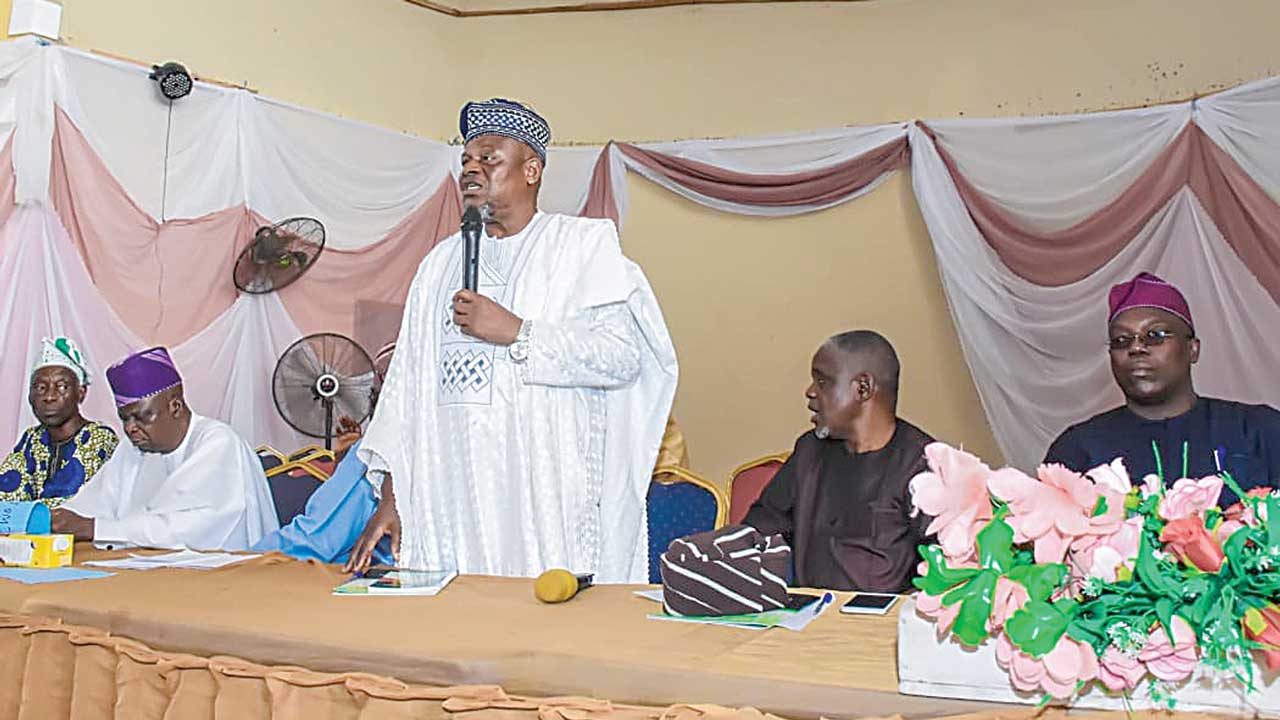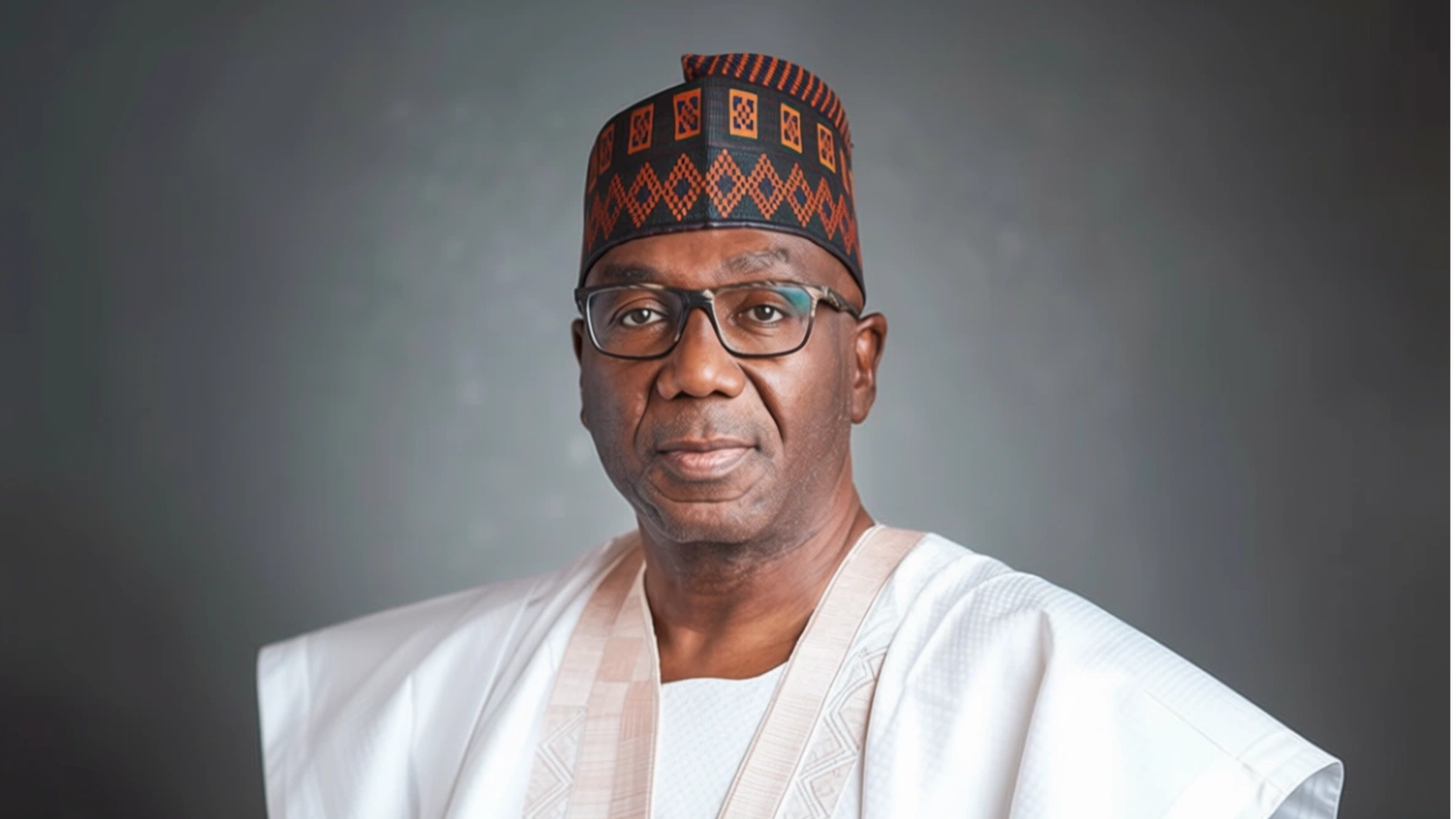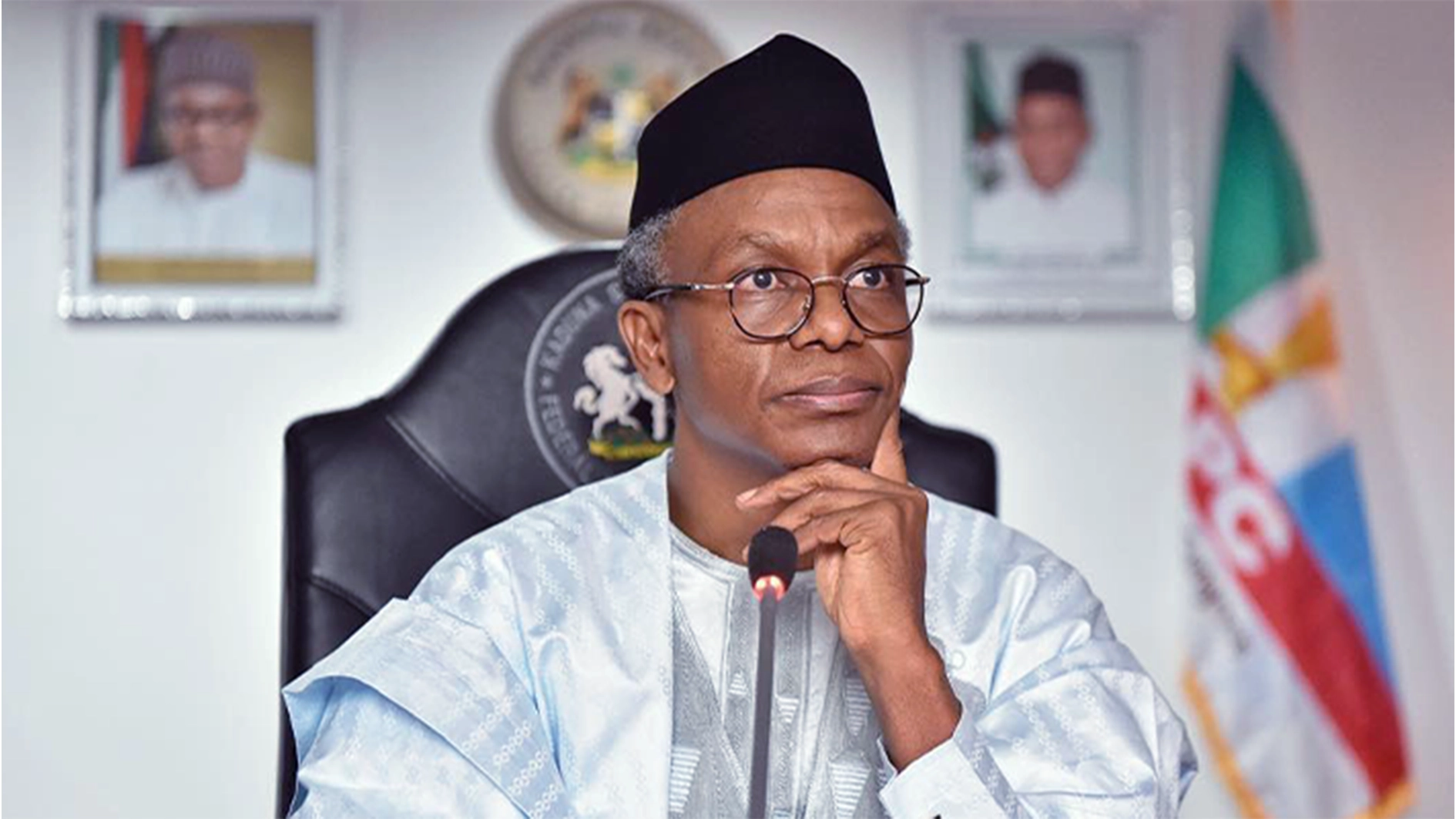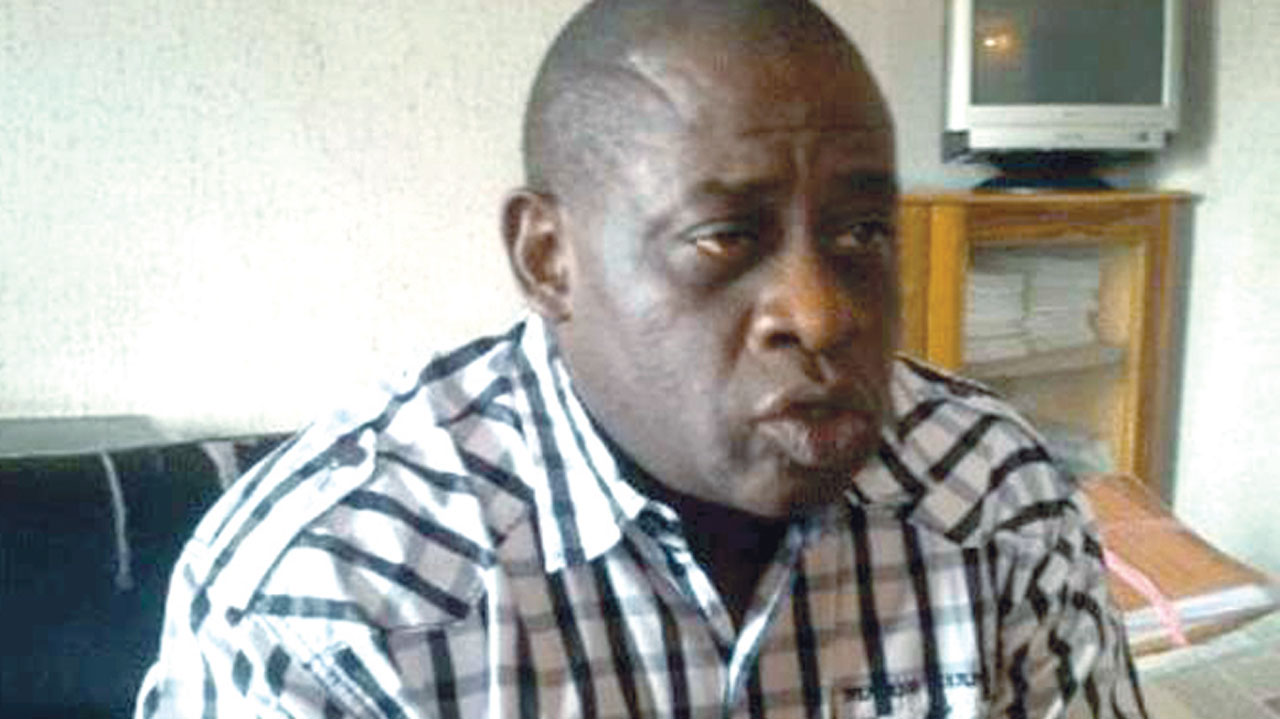
A five-year development plan has been mapped out by stakeholders to reposition Iwo town, Osun State, in order to return the ancient town to its pride of place.
This was the consensus reached at a one-day retreat organised by the Iwo Board of Trustees (IBOT) in collaboration with key stakeholders in Iwo, which focused on developing a Development Agenda for Iwo, held at Iwo City Hall.
The retreat was attended by 100 participants – Obas, Chiefs, students bodies, religious leaders, traditional chiefs, market men and women, youths, professional, technocrats, exclusive community members, civil society organisations, media institutions and the Diaspora who are Iwo indigenes.
The meet was aimed at making community development planning through a public participating and interactive session in which diverse community members contributed towards the formulation of the goals and objectives of the community.
It was a bottom evolution, aimed at producing an evidence based development agenda with inbuilt tractability with clear milestones that are implementable from a practical point of view.
Rising from the retreat, the participants, through a communiqué, recommended that a development agenda is not only desirable for the town but necessary.
The communiqué recommended that a five-year development agenda be prepared for a start that will outline the goals Iwo want to reach within the next five years (2023 – 2028).
“That the goals be broken down into action items and milestones. The plan will serve as a reset for life, that will give something to look forward to and serve as a good motivator to put something in motion.
“The retreat prepared a five-year development agenda for Iwo on sectorial basis as follows: Technical/Infrastructural Sector; Public Health/environmental Sector; Land/legal matters and Traditional matters sector; Education and youth development Sector; Security services; and Federal, States and Private organisation’s liaison,” the communiqué read.
The retreat set up an editorial committee to put the agreed discussions and plan together to produce a single document containing the five year development agenda for Iwo
A technical committee was also recommended to be set up to monitor the implementation of the produced development plan and ensure that targets are met.
Earlier, during the opening session of the retreat chaired by Alhaji (Prince) Bola Asafa, the welcome address was delivered by Prof. Lai Olurode, while Aare (Barr) Jiire Ayinla, the Secretary- General who also doubles as the Chairman of the retreat Planning Committee also read an address.
Keynote addresses were delivered by Chief (Barr) Gbadegesin Adedeji, Asiwaju of Iwoland and Alhaji Tayo Giwa, the Agbaakin of Iwoland. His Imperial Majesty, the Oluwo of Iwoland and the grand Patron of IBOT read the royal address and also declared the retreat open.
Participants were divided into seven groups during the breakout session to deliberate on issues germane to Iwo development. After robust discussions on issues relating to Education, Health and Environment, Security, Infrastructural development, Youth leadership and Entrepreneurship development and other issues surrounding development, observations and recommendations were made on the way forward.
The participants observed that most African communities lack development agenda, which is evidence based and Iwo is not an exception, because the development of the town has become a series of chaotic happenings without control and thus becoming a play thing of coincidence.
According to them: “The development of Iwo had been hampered, distorted or at a standstill; the little level of development was achieved through the efforts of our forefathers; the rate of development of the town has not been at par with the towns and cities who where its peer or who were even not up to its level of development in the 1939.
“The previous development agenda of the town had largely been ad hoc and spontaneous, without much concentration being conceded to science, cultural sensitivity and sustainability (Olurode); which had led to a plethora of abandoned projects in the town.”
Stakeholders set five-year development plan to reposition Iwo

Veteran journalist, Alhaji Liad Tella addressing participants at the retreat





